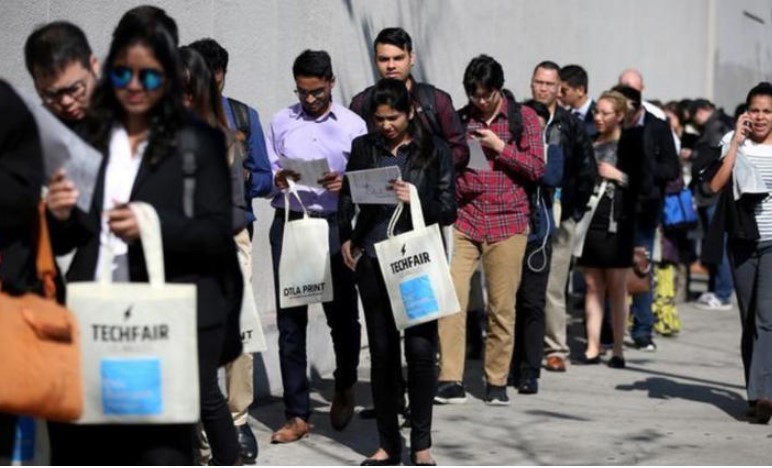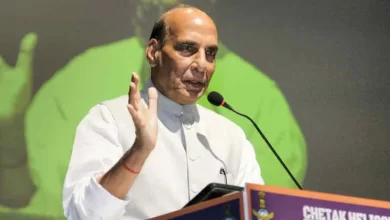Indians With H-1B Visas Face Uncertain Future In US Amid Massive Tech Layoffs

THE recent spree of layoffs by some of the biggest tech companies in America came as an ‘unpleasant’ surprise for Indian employees, who are living and working in the US on H-1B visas. The firings by tech giants including Meta, Twitter, Salesforce, Stripe, Lyft and Amazon have shocked their Indian employees even more as they now have to find a job within 60 days or they have to leave the country. Most of the sacked Indian-origin employees are working in these companies for the past few years and awaiting permanent citizenship. Now, they are on the brink of getting deported if they didn’t find an employer in the US.
H-1B holders who become unemployed can remain in the US legally for only 60 days without finding new employers to sponsor them. American tech companies have long relied on H-1B visa programs to meet their workforce demand in specialised fields including computer sciences and engineering. According to a report by Bloomberg, which analysed the data from US Citizenship and Immigration Services, six top firms including Amazon, Meta and Twitter sponsored at least 45,000 H-1B workers in the past 3 years.
According to the layoff data compiled by Layoffs.fyi website, more than 1,20,000 tech workers have been laid off by tech companies in America with Meta, the parent company of Facebook, WhatsApp and Instagram, sacking nearly 13,000 employees globally. Amazon last week also announced 10,000 job cuts while Twitter sacked over 7,500 employees including over 350 from India.
One sacked Twitter employee, who is living in the US for 14 years, said she had imagined the scenario long ago. “There’s always this thing going back and forth in our minds. Will I need to move?,” she said as quoted by Bloomberg.
An employee of Meta who is living in the US for 15 years and received his termination letter in November, is scouring his social media platforms and submitting applications on LinkedIn to get a new job. “You have to spend months preparing for some of these jobs. It’s hard to tell yourself that even after 15 years being properly documented you still might not have a way to stay. The path to residency is broken,” he said as quoted by Bloomberg.
Meanwhile, Vidhi Agrawal, an H-1B visa holder, who is not affected by the layoffs, has been working with her friend to build a database of H-1B workers in need of jobs. “It’s scary to be on a visa and lose a job, especially when you have kids and have to uproot and leave,” she said as quoted by Bloomberg.
The wrath of layoffs continued on Indian employees as many major employers have even frozen hiring, and recruiting is typically slower during the holidays. With deadlines looming, desperate job hunters have turned to their professional networks to find a way to stay. Some have made direct appeals on LinkedIn, generating threads with hundreds of responses, including many citing job openings in the US and overseas.
What is H-1B Visa program?
The H-1B visa program in the US allows American employers to recruit employees from foreign countries holding college degrees in technical fields, where there is historically been a shortage of Americans. H-1B visas are issued for three years with an option of extension. The number of people allowed in each year is capped at 85,000, and demand is high, particularly among Indian professionals. The median salary for an H-1B worker was $106,000 in the third quarter, according to data from the US Department of Labor. But workers at top tech companies make much more.
The layoffs hurt Indians more because of backlogs in getting permanent residency (a green card). Each country is typically allowed a maximum of 7 per cent of the employment-based green cards issued each year, so while there are almost half a million Indian nationals in the queue, only about 10,000 green cards a year are available for them.







